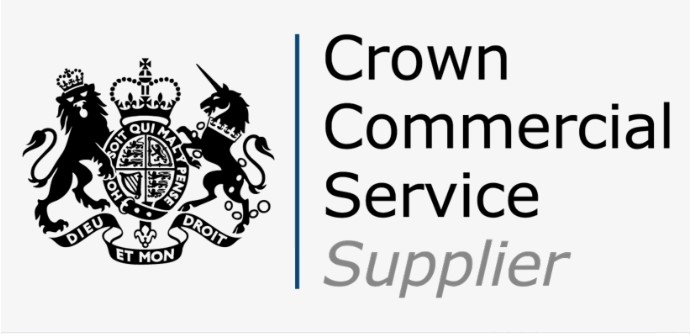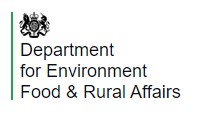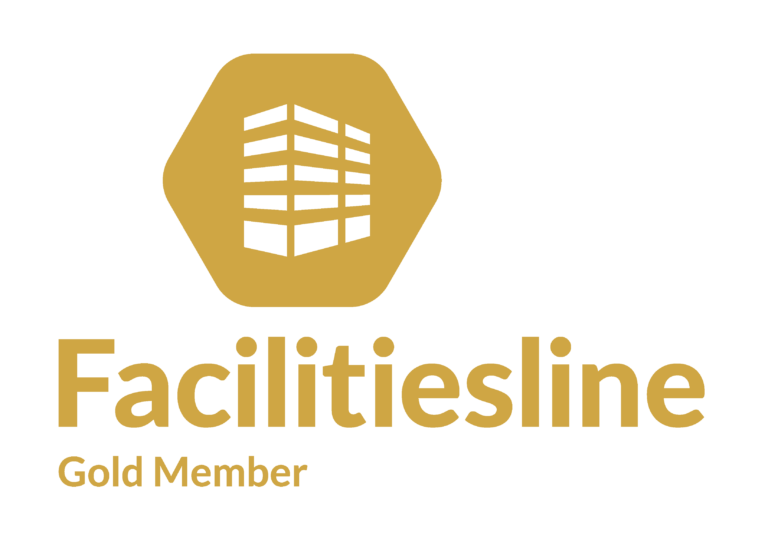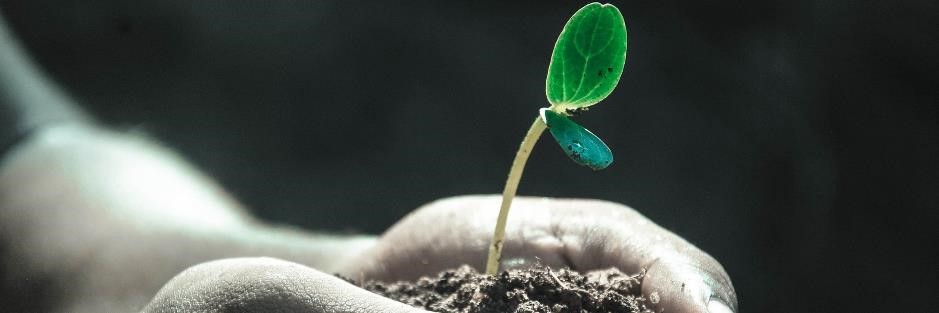A licence is required to import, transport or keep prohibited items including:
- plants, including parts of plants and seeds
- invertebrate plant pests (arthropods, molluscs and nematodes)
- plant pathogens (fungi, bacteria, viruses, virus-like agents and phytoplasmas)
- soil and other organic material
- potatoes
Licenses are issued by the Animal and Plant Health Agency (APHA) and you should apply for a licence at least two months before you need it.
Who can get a licence?
You can only get a licence if you’re using the prohibited items for:
- official testing
- scientific research
- educational purposes
- trials
- testing new varieties of plants (varietal selection)
- breeding
Licences for invertebrate plant pests and plant pathogens
You must have a licence to import, move or keep invertebrate plant pests or plant pathogens which meet any one of the following conditions:
- they’re Great Britain quarantine pests listed in Schedule 1 of the Plant Health (EU Exit) Regulations 2020
- they’re Great Britain provisional quarantine pests (PQPs) listed in Schedule 2 of the Plant Health (EU Exit) Regulations 2020
- they’re Pest Free Area quarantine pests for Great Britain listed in Schedule 4 of the Plant Health (EU Exit) Regulations 2020
- they’re assessed to be a Great Britain potential quarantine pest by Defra
- contact UKFMC to check if the pest or pathogen you wish to work with meets the potential quarantine pest criteria
You do not need a licence to import, move or keep invertebrate plant pests or plant pathogens which meet any one of the following conditions:
- they’re a Regulated Non-Quarantine Pest (RNQP) listed in Schedule 4 of the Plant Health (EU Exit) Regulations 2020
- they’re assessed not to be a Great Britain potential quarantine pest by Defra – contact APHA to check if the invertebrate or pathogen you wish to work with meets the potential quarantine pest criteria.
- contact UKFMC to check if an invertebrate plant pest or pathogen is prohibited.
Licences for prohibited plants, parts of plants and seeds
You must have a licence to import, move or keep any plants, parts of plants or seeds listed in Schedule 6 of the Plant Health (EU Exit) Regulations 2020.
Using a licence instead of a phytosanitary certificate
You may be able to use a licence to bring in plants, parts of plants and seeds which would normally need a phytosanitary certificate.
You can only do this if you can’t get the phytosanitary certificate for scientifically justified reasons contact APHA if you want to do this.
Licences for prohibited soil and other organic material
You must have a licence to import, move, or keep soil from all third countries excluding EU member states, Liechtenstein and Switzerland. This also applies to any organic material which is capable of sustaining plant life and which contains solid organic matter, for example humus, peat other than pure and unused peat, moss, bark and artificial growing media which contains organic matter.
You don’t need a licence for:
- marine sediments
- pure and unused peat
- pure and unused fibre of Cocos nucifera L.
- pure sand, clay, talc, rocks, volcanic pumice and chalk
- water that isn’t contaminated by soil or organic matter
At UK Facilities Management & Consultancy, we can advise on the disposal of all types of specialist waste, including licensing requirement for transporting Prohibited Plants, Plant Pests, Pathogens and Soil Into the UK Or Within The UK.
Available under the Open Government Licence v3.0.







